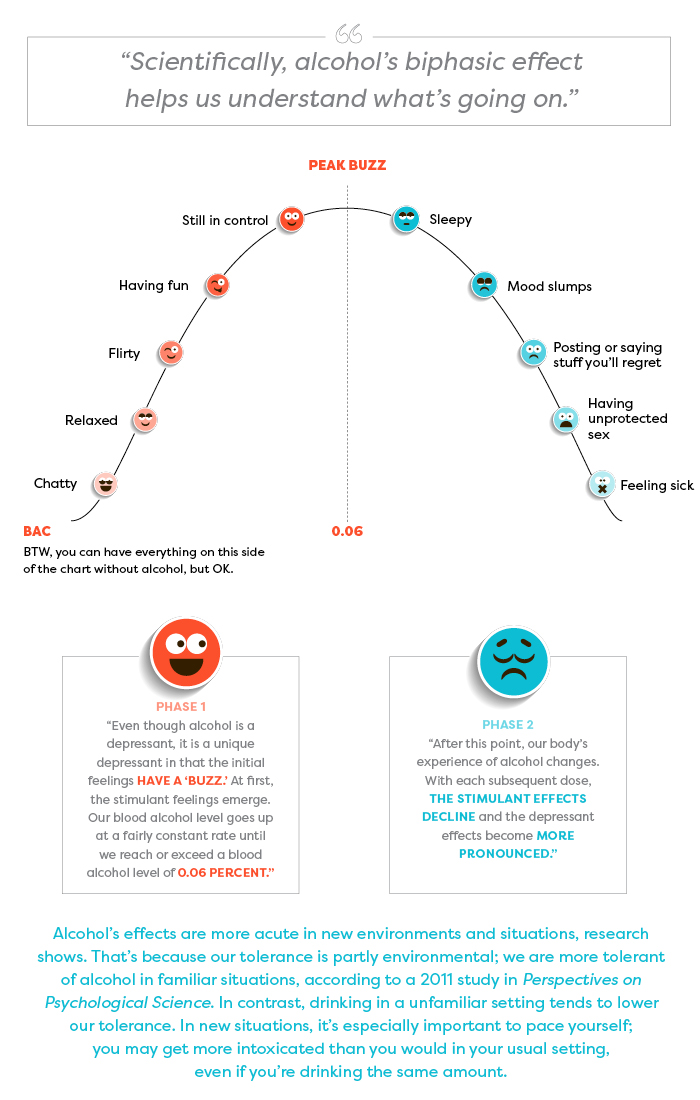Uncover the secrets behind achieving the perfect buzz with scientific precision. How to calculate your ideal level of intoxication revealed!
Table of Contents
Have you ever found yourself at a party, wondering how many beers it would take to get you properly drunk? It’s a common question, and one that doesn’t always come with a straightforward answer. The truth is, the number of beers it takes to get you intoxicated can vary greatly depending on a variety of factors, including your weight, gender, and metabolism.
The Science Behind Alcohol Metabolism
Alcohol metabolism is a complex process that takes place in the liver. When you consume alcohol, your body breaks it down into various byproducts, including acetaldehyde and acetate. From there, these byproducts are further broken down and eventually eliminated from your body.
Factors such as weight, gender, and age can all impact how quickly your body metabolizes alcohol. Generally, the more you weigh, the more alcohol it will take to get you drunk. This is because a larger body mass means there is more tissue for the alcohol to distribute throughout, leading to a lower concentration of alcohol in the bloodstream.
Individual Tolerance Levels
Individual tolerance levels can also play a significant role in determining how many beers it takes for you to get intoxicated. Some people may have a higher tolerance to alcohol due to genetic factors, while others may find themselves feeling the effects of alcohol more quickly.
Regular alcohol consumption can also impact your tolerance levels over time. The more frequently you drink, the more accustomed your body becomes to the effects of alcohol, meaning it may take more beers to achieve the same level of intoxication.
Influencing Factors on Intoxication
There are a variety of factors beyond just metabolism and tolerance that can influence how many beers it takes to get you drunk. For example, the presence of food in your stomach can slow down the absorption of alcohol and help to reduce the effects of intoxication. Staying hydrated can also play a role in mitigating the effects of alcohol.

Image courtesy of www.campuswell.com via Google Images
Additionally, mixing different types of alcohol can impact your level of intoxication. Some types of alcohol have a higher alcohol content than others, meaning you may become intoxicated more quickly when consuming beverages with a higher alcohol concentration.
Lastly, your mental health and mood can also influence how alcohol affects you. If you are feeling stressed or anxious, you may find that alcohol has a stronger impact on your mood and behavior. It’s important to consider these factors when determining how many beers it will take for you to get drunk.
Conclusion
While the question of how many beers it takes to get drunk may not have a definitive answer, it’s important to approach alcohol consumption with caution and responsibility. Understanding the science behind alcohol metabolism, individual tolerance levels, and the various factors that influence intoxication can help you make informed decisions about your drinking habits.
Remember, everyone is different, and what may be an appropriate amount of alcohol for one person may not be the same for another. It’s crucial to know your limits and prioritize your safety and well-being when consuming alcohol.
How can I calculate my perfect buzz?
Your perfect buzz can be calculated by considering factors like weight, metabolism, tolerance levels, and influencing factors on intoxication. It’s important to be mindful of your body’s response to alcohol and adjust your consumption accordingly.
Can genetics influence my tolerance to alcohol?
Yes, genetics can play a role in determining your tolerance to alcohol. Some people may have genetic variations that impact how their body metabolizes alcohol, affecting their tolerance levels and how quickly they feel the effects of intoxication.
Does food affect how quickly I get drunk?
Yes, having food in your stomach can slow down the absorption of alcohol, resulting in a slower onset of intoxication. Eating a meal before consuming alcohol can help to mitigate the effects of intoxication and potentially reduce the number of beers it takes for you to get drunk.
How does mental health influence alcohol consumption?
Your mental health and mood can impact how alcohol affects you. Feeling stressed or anxious may intensify the effects of alcohol, leading to a stronger impact on your mood and behavior. It’s important to be mindful of your mental state when consuming alcohol and prioritize self-care and well-being.
Generated by Texta.ai Blog Automation


Leave a Reply